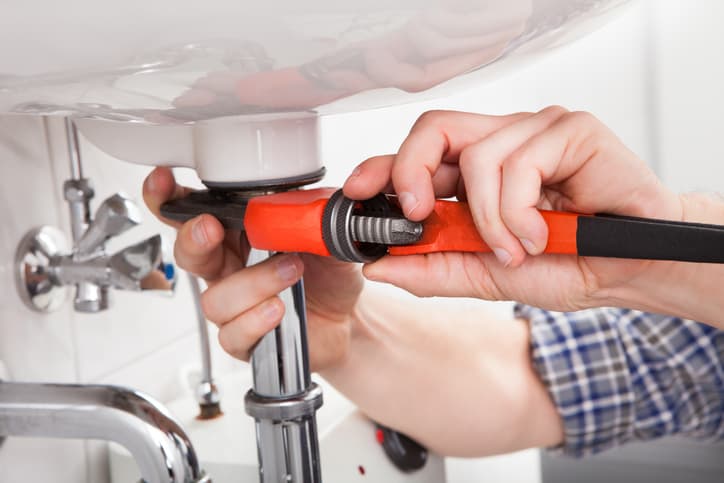How a Plumber Can Help with Low Water Pressure Problems?
Body

Low water pressure is a common household issue that can disrupt daily activities like showering, washing dishes, or using appliances that require water. While it may seem like a minor inconvenience, ignoring the problem can lead to larger plumbing issues. A professional plumber is well-equipped to diagnose and fix low water pressure problems. But how exactly can they help? This article explores the various ways a plumber can address low water pressure and ensure a steady flow of water throughout your home.
Common Causes of Low Water Pressure
There are several reasons why you might experience low water pressure in your home. These causes can range from minor problems like clogged faucets to more complex plumbing issues. Understanding the underlying causes can help a plumber identify the appropriate solution more quickly.
Clogged Pipes
One of the most common reasons for low water pressure is clogged pipes. Over time, mineral deposits, rust, and debris can accumulate inside your pipes, reducing the water flow. A plumber can inspect your pipes and use specialized tools like pipe snakes or hydro-jetting equipment to clear the blockage.
Leaky Pipes
Leaks in the plumbing system can also contribute to low water pressure. Even a small leak can reduce water flow significantly. A plumber will inspect your pipes for any leaks and repair them using sealing techniques, pipe replacement, or other methods. Early detection and repair of leaks can prevent more severe water damage and save you money in the long run.
Water Supply Issues
Sometimes, the issue might not be inside your home at all. If your neighborhood has a problem with the municipal water supply, it can lead to low water pressure. A plumber can help confirm if the issue lies with the water supply by checking the pressure at the main water line. In such cases, they may recommend installing a pressure booster to compensate for low pressure from the municipal supply.
Old or Faulty Fixtures
Outdated or damaged faucets, showerheads, and other fixtures can restrict water flow, leading to low pressure. A plumber can inspect your fixtures to determine if they need to be cleaned or replaced. Upgrading to modern, high-efficiency fixtures can improve water flow and even help save on water bills.
How a Plumber Diagnoses Low Water Pressure Problems?
Plumbers have the expertise and equipment to identify the root cause of low water pressure. The first step a plumber takes is to evaluate the entire plumbing system. Here are some common methods used in the diagnosis process:
Pressure Testing
A plumber will often begin by using a water pressure gauge to measure the pressure in your system. This test provides a baseline and helps identify if the problem lies with the internal plumbing or the external water supply. If the pressure is significantly lower than the recommended range (40-60 psi for most homes), further investigation is needed.
Pipe Inspection
Using specialized equipment like pipe cameras, a plumber can inspect your pipes for clogs, leaks, and corrosion. This technology allows plumbers to pinpoint the exact location of a blockage or damage without needing to tear open walls or floors, making the repair process faster and less invasive.
Fixture Check
Plumbers also assess the condition of your faucets, showerheads, and other fixtures. They check for mineral buildup and wear and tear that could be contributing to low water pressure. Simple fixes like cleaning the aerators or replacing faulty fixtures can sometimes resolve the issue entirely.
Repairing Low Water Pressure Issues
Once the diagnosis is complete, the plumber will proceed with the necessary repairs. Depending on the severity of the issue, the solution could range from minor adjustments to major repairs. Below are some common ways plumbers fix low water pressure problems:
Pressure Regulator Adjustment or Replacement
If the water pressure coming into your home is too high or too low, a plumber may adjust or replace the pressure regulator. This device controls the pressure of the water entering your plumbing system. A malfunctioning regulator can lead to inconsistent or low water pressure, and having it repaired or replaced can stabilize water flow.
Conclusion
Low water pressure may seem like a minor inconvenience, but it can be indicative of larger plumbing issues. A professional plumber can help diagnose and repair the underlying causes of low water pressure, whether it's due to clogged pipes, leaky fixtures, or problems with the water supply. By addressing these issues promptly, you can ensure a steady, reliable water flow throughout your home. If you're experiencing low water pressure, contacting a plumber is the best course of action to resolve the issue efficiently and prevent further complications.






Comments